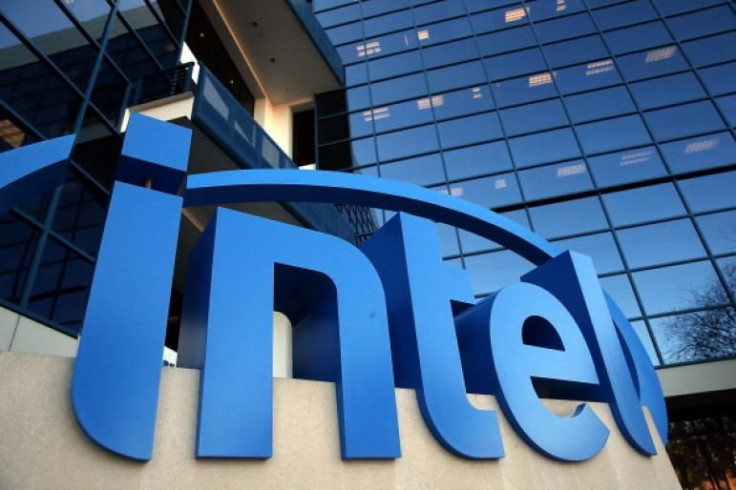Intel Blockchain Experiments Could Make Bitcoin Technology Mainstream

Intel is best known as the world’s biggest chip maker, but with falling PC sales forcing the company to lay off 11 percent of its global workforce, the company needs to find new revenue streams, and one of the areas it is putting a lot of resources into is blockchain, the distributed ledger technology which underpins bitcoin.
The company is already experimenting with how the technology could work and has said that unlike other implementations of blockchain, its version could allow for millions of computers to join a single network. Kelly Olson, director of the distributed ledger technology group at Intel revealed details of Intel’s plans at the Tomorrow’s Transactions conference in London earlier this week, according to CoinDesk.
Blockchain is a distributed, decentralized ledger, a permanent and trusted record of transactions which are verified across a network of users almost instantaneously and without the need for a central clearing house, features which have led to almost all major financial institutions investing resources into seeing how the blockchain could be used in banking and finance to cut costs and save time.
In order for the blockchain to work, each node (or computer) on the network verifies each transaction using a specific consensus mechanism. However, Olson says traditional distributed consensus mechanisms don’t scale well beyond 100 nodes.
To achieve its goal of allowing for networks with millions of nodes, Intel is also working to increase security and privacy, one of the major sticking points with blockchain technology today. In order to do this, Olson says Intel is working on developing a specific space on its hardware chips, which is similar to the Secure Enclave used by Apple to secure fingerprint data from its Touch ID sensor on iPhones.
Earlier this month, Intel published its plan to develop a version of a distributed ledger called the Sawtooth Lake platform, which promises to allow a wide variety of companies that have no need for a central authority essentially to run their own blockchain, providing a permanent digital record. It would be highly customizable, allowing users to choose their own consensus process and limit access to a specific number of users.
Olson warned that while there was a lot of interest in blockchain technology at the moment, it was still not ready for enterprise applications and he questioned if it would ever find a home in the financial world, given the amount of regulation needed to approve the new technology.
© Copyright IBTimes 2024. All rights reserved.






















